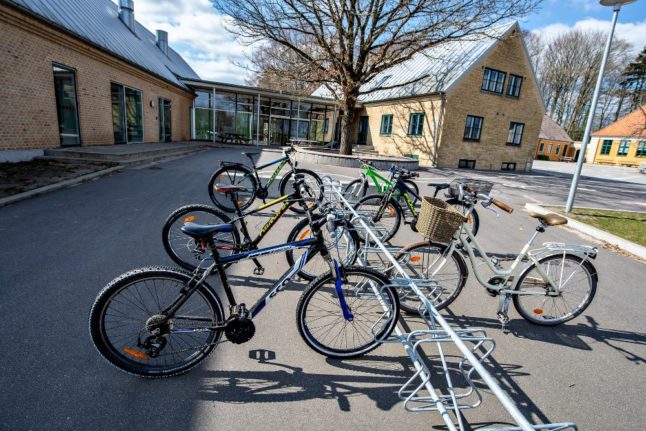The increased autonomy in the seven pilot scheme municipalities have resulted in unconventional approaches in areas such as school timetables and subjects taught at some schools.
The experiences of the seven municipalities are detailed in a report that covers the scheme as it reaches its half-way point. The report was produced by independent research centre Danish Center for Social Science Research (Vive).
“So far, we can see that the greater autonomy encourages new approaches,” Vive project manager Ulf Hjelmar said in a press statement.
“That is not least due to staff in elderly care and individual schools and childcare being part of the decision-making process for changes that promote a better welfare,” he said.
The participating municipalities, Helsingør, Rebild, Esbjerg, Holbæk, Langeland, Middelfart and Viborg, are geographically spread across Denmark.
They have been given greater decision-making freedom in a pilot scheme in which the municipal governments themselves are obliged to give greater freedom to leaders at schools and in elderly and childcare facilities.
Esbjerg and Holbæk have both introduced shorter school days, more lesson with two teachers in classrooms and introduction of new subjects into lessons.
While it is too early to make any definite conclusions about the benefits of this, early signs are promising according to the Vive report.
“It’s generally too early to assess the effects of the specific trial activities. Based on Vive’s baseline measurements however, we can identify potential for increased quality for students,” the institute writes.
The potential benefits are particularly noticeable “in relation to students in vulnerable positions and the wellbeing of students generally,” it writes.
Other municipalities have changed working structures in elderly care. For example, Viborg and Middelfart have both introduced ways of providing increased contact time with staff and elderly residents. Vive also considers this to have potential benefits for users.
A final evaluation of the programme by Vive is due in 2024.



 Please whitelist us to continue reading.
Please whitelist us to continue reading.
Member comments